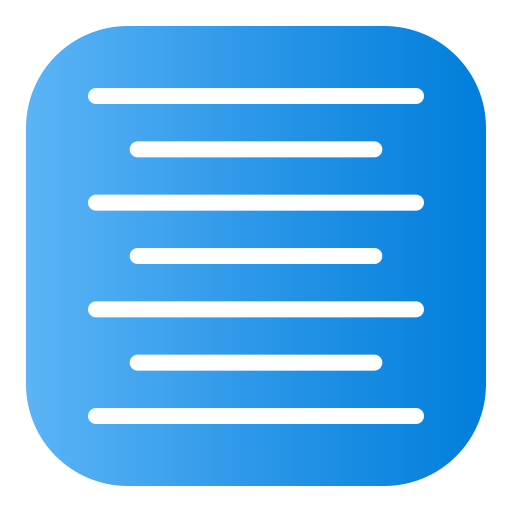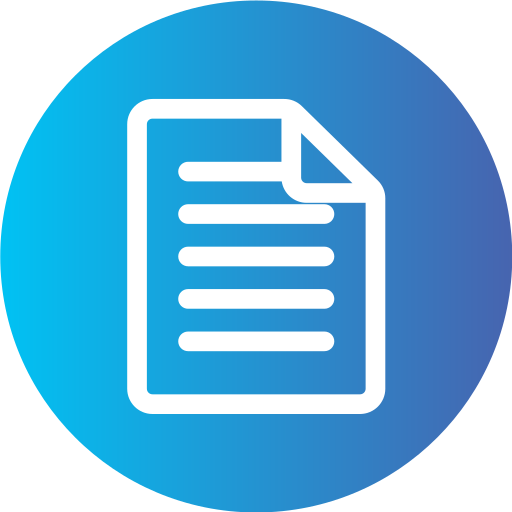This training covers the OA environment, its drivers and how researchers can take advantage of the various OA routes to get their research output more visible and citable.
 By the end of this training, learners should:
By the end of this training, learners should:
- Understand how to publish their work openly and be aware of the advantages of OA.
- Understand different OA models.
- Understand rights retention.
- Be able to find an OA publishing option for their research.
- Know how to find a suitable repository to provide OA and archive their work.
- Know how to publish OA monographs.
- Understand funders' expectations and policies on OA.
- Be aware of the options to secure funding for Article Processing Charges (APCs) where applicable, and available discounts or waivers.
 Training Outline:
Training Outline:
- OA drivers: increased discoverability, visibility and impact; funders’ requirements to deposit in an OA repository; publishers’ responses; rights retention.
- Get started with OA publishing by finding a suitable journal or a suitable repository for your publications.
- Diamond OA
- APC waivers and discounts.
- Your university’s OA / institutional repository – free and long-term stable access and storage; library services including copyright checking. If your university does not have a repository, you can raise awareness about shared OA repositories for depositing research outputs e.g. Zenodo.
Resources for facilitators and learners
 Online courses:
Online courses:
- “Open Research”, IATUL Research Impact Things - a self-paced training program for libraries.
- "OS101 Module 5: Open Results", NASA TOPS Open Science 101 Materials.
- "Copyright in the digital environment", OpenPlato.
 Videos, webinars, online tutorials:
Videos, webinars, online tutorials:
- Webinar recording and slides: “Open Access Publishing" (video) (slides), Milica Ševkušić.
- Webinar recording and slides: “How to train students and researchers on the topic, Using the OA route to increase research impact”, David Ball, David Ball Consulting; Obrad Vučkovac, Vinča Institute of Nuclear Sciences, and EIFL.
- Documentary film (approx. 1 hour) “Paywall – the business of scholarship”.
The film questions the rationale behind the $25.2 billion a year that flows into for-profit academic publishers, examines the 35-40% profit margin associated with the top academic publisher, Elsevier, and looks at how that profit margin is often greater than some of the most profitable tech companies such as Apple, Facebook, and Google. This film can help to provide a context to OA and why it is important (rather than just an extra administrative burden for researchers). The film can be followed by a panel discussion with some of your researchers and research management staff, maybe during International Open Access Week.
- Short film “What is Open Access”, Samenwerkingsverband Hogeschoolbibliotheken (SHB).
- Short film on the power and benefit of Open Access “Sharing knowledge and saving lives: one doctor’s story”, EIFL.
- Series of short films “My Open Access Story” on benefits of uploading to an Institutional Repository, filmed by University College Dublin as part of International Open Access Week.
- Webinar recording and slides “How to identify credible open access journals and avoid predatory ones”, EIFL and CARLIGH.
- “Open Access Explained!” Animation by Jorge Cham, narration by Nick Shockey and Jonathan Eisen.
- “OA Mythbusters”: Video series by Open Access Book Network seeking to dispel some myths around OA books.
- “Creative Commons Kiwi”, Creative Commons Aotearoa New Zealand.
- “Addressing predatory publishing issues”, Tom Olijhoek (DOAJ), Susan Veldsman (ASSAf).
- Katherine Stephan, “Publishing Due Diligence”, Think. Check. Submit.
- “The open access thesis”, Series Passport: An Introduction to Open Science, Ouvrir La Science.
- Webinar recording and slides: “Rights Retention and Secondary Publishing Right”, Teresa Hackett and Milica Ševkušić, EIFL.
 Library guides:
Library guides:
- “Open Access for Research Impact”, University College Dublin.
- University College Dublin institutional repository example.
- Pascal Braak, Hans de Jonge, Giulia Trentacosti, et al., “Guide to Creative Commons for Scholarly Publications and Educational Resources (final)”, 2024. DOI: ttps://doi.org/10.5281/zenodo.4741966.
- Pascal Braak, Dirk van Gorp, Chantal Hukkelhoven, et al., “Predatory and Questionable Publishing Practices: How to Recognise and Avoid Them”. UKB - Dutch Consortium of University Libraries, 2024. DOI: https://doi.org/10.5281/zenodo.10688081
 Examples of practical exercises, handouts, use cases and tip sheets:
Examples of practical exercises, handouts, use cases and tip sheets:
- Infographics on benefits of open access by Danny Kingsley and Sarah Brown.
- Information sheet “De-bunking Open Access Myths”, University College Dublin.
- Information sheet “Funding Gold Open Access Publishing”, University College Dublin.
- Information sheet “How can I make my paper open access?”, University College Dublin.
- APC waivers and discounts negotiated by EIFL, Electronic Information for Libraries.
- “Open Access Primers (various resources)”: Web pages created by Open Access Network (texts, videos, links).
- Jonathan England, "Myths and Realities around Open Access before and after 2021". DOI: https://doi.org/10.5281/zenodo.4519479
- Peter Suber. “Methods of Rights Retention”.
- “Rights retention strategy”: cOAlition S resources, part of the online campaign “Publish with Power: Protect your rights“.
To help authors, cOAlition S has created:- the pre-submission letter template [download] and
- the submission cover letter template [download] as well as a
- user guide [download] about when, how and why to use these templates.
- Author's Rights Quiz (cOAlition S).
- “Implementing the rights retention strategy for scientific publications: Guide for researchers” (France), Ouvrir la science.
- Dominic Tate, “Open Science Policies at the University of Edinburgh: Putting Policy into Practice”. Septentrio Conference Series, (1). DOI: https://doi.org/10.7557/5.6759; recording
- “Licence selector tool”.
- “Creative Commons License chooser”. Creative Commons.
- “Choosing a Journal for Your Research”, EIFL.
- “Avoiding deceptive publishers: Recommendations for authors and librarians”.
- Collection of resources: “Questionable journals” (articles, guides, checklists).
- “Identifying predatory academic journals and conferences”, UNESCO and InterAcademy Partnership. DOI: https://doi.org/10.54677/VQWQ5022. Language: English, also available in: Français, العربية, Español
 Article:
Article:
- Jonathan P. Tennant, Harry Crane, Tom Crick, et al., “Ten myths around open scholarly publishing”. PeerJ Preprints 7:e27580v1, 2019. DOI: “Ten Myths around Open Scholarly Publishing”. Copyright, Fair Use, Scholarly Communication, Etc. https://doi.org/10.7287/peerj.preprints.27580v1
